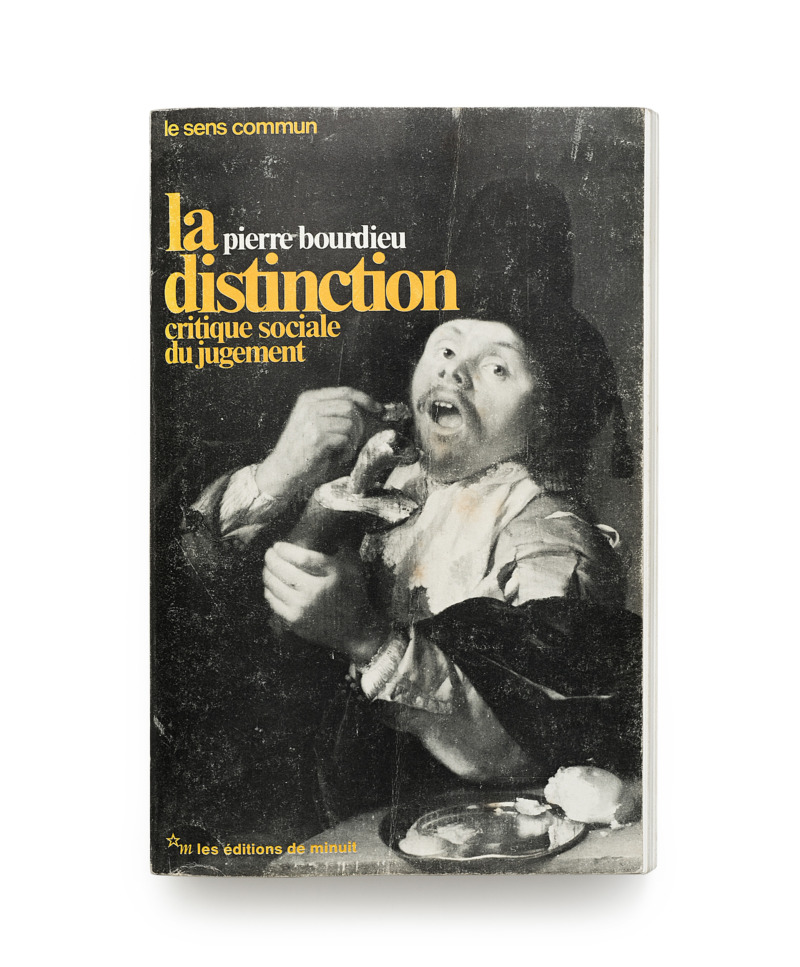While playing, children and adults are able to “act out” future or alternative ways of living. Board games, dollhouses, as well as computer games create societal models and reveal certain normative perceptions and cultural ideals of our time. They shed light on interior design styles, gender roles, values, and status symbols. Specific needs are satisfied and exposed during play; societal hierarchies are reproduced and internalised. When choosing what to play, the adults’ perceptions and preferences, children’s wishes, as well as the narratives of the toy industry, all interact.
The board game “Klassenkampf” brings an unusually explicit political issue to the forefront: the history and reality of social disputes between capital and labour. The players embody different social classes in a mix of strategy and the luck of the dice – for example, capital (top hat), labour (wrench), middle class (cash register), farmers (tractor), intelligentsia (quill), or the new middle class (briefcase). The “genetic die” determines the social affiliation of the player – just like in real life, where starting conditions are rarely self-determined.
Victory is not the only goal of the game: it also invites players to engage with the socio-economic realities of the 19th and 20th centuries – with the fight for better working conditions, education, political participation, and the question of whose interests drive societal developments. The historic conflicts between ownership and exploitation, and between rulership and emancipation, guide the narrative of the game – up to the final decision: does the social order remain the same, or is the shift toward a society based on solidarity successful?
Our “Thing of the month” is currently on display in our temporary exhibition.

